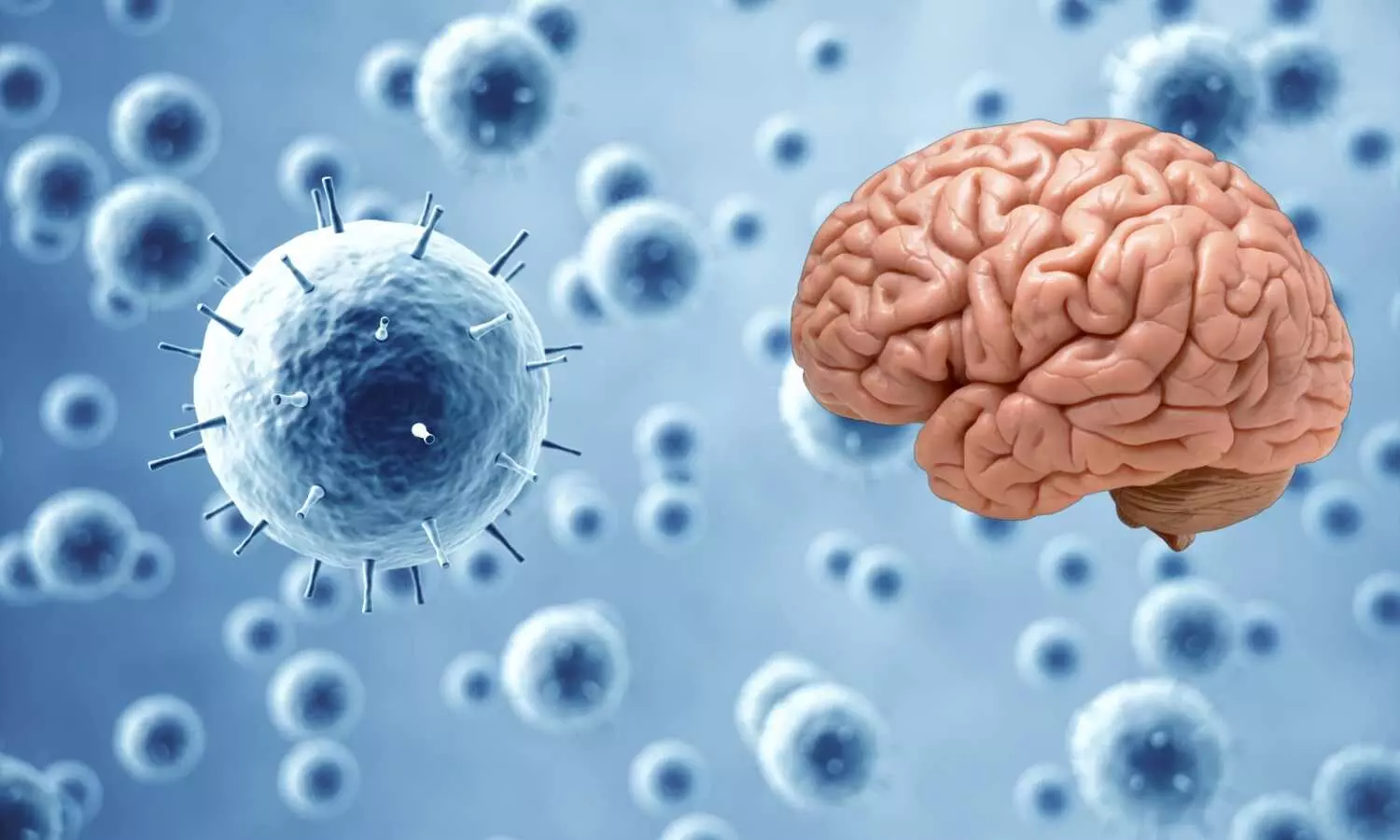Threat of Brain-Eating Amoeba: What You Need to Know in 2024
In the past, Kerala has experienced outbreaks of PAM in several districts like Alappuzha, Malappuram, and Kozhikode, among others.
image for illustrative purpose

In Kerala, a series of recent cases of Primary Amoebic Meningoencephalitis (PAM) has gripped headlines and sparked widespread concern, particularly following three tragic deaths in the past couple of months. Kerala is on high alert following the recent deaths caused by PAM.
What is Primary Amoebic Meningoencephalitis,
PAM is caused by Naegleria fowleri, a "brain-eating amoeba" commonly found in warm freshwater bodies such as lakes, ponds, and rivers, as well as occasionally in poorly maintained swimming pools. The amoeba enters the body through the nose, particularly during activities like swimming, especially in warm weather with low water levels.
Fatalities and Impact
The latest victim is a 14-year-old boy from Thikkodi in Kozhikode district, who tested positive for PAM on July 5 and is currently stable under medical care. Tragically, others haven't been as fortunate.
E.P. Mridul, aged 12, from Feroke in Kozhikode district, lost his life on July 3 at a private hospital. V. Dakshina, aged 13, from Kannur, succumbed to the infection on June 12 in a similar setting.
Additionally, 5-year-old Fadva from Munniyur in Malappuram passed away on May 20 at the Government Medical College Hospital, Kozhikode
Symptoms and Progression
In the beginning, PAM shows up with symptoms like headaches, fever, nausea, and vomiting. As it gets worse, people might quickly start feeling a stiff neck, confusion, trouble keeping their balance, and hallucinations.
The condition often leads to coma and death within a short period. Diagnosis involves PCR tests of cerebrospinal fluid, though this can be challenging due to the rarity of the infection.
Regional History and Challenges
Kerala has experienced outbreaks of PAM in several districts like Alappuzha, Malappuram, Kozhikode, Thrissur, and Alappuzha in recent years.
Experts attribute the heightened risk to warm temperatures and stagnant water conditions that promote amoeba growth.
Preventive Measures
Health authorities stress the importance of preventive measures such as using nose clips while swimming to prevent water entry through the nose, keeping the head above water in warm water, and avoiding shallow water activities. They strongly advise against swimming in stagnant or untreated water, especially for children with ear infections.
Government Response and Public Awareness
Under the leadership of Health Minister Veena George and Chief Minister Pinarayi Vijayan, the state government has implemented stringent guidelines to manage PAM cases effectively.
These efforts focus on maintaining cleanliness in water resources and ensuring regular chlorination of swimming pools and water parks.
Public awareness campaigns play a crucial role in educating people about preventive measures against this rare and deadly infection caused by the brain-eating amoeba.
This ongoing crisis highlights the importance of vigilance and prompt action in safeguarding public health against rare but potentially fatal diseases like PAM.

